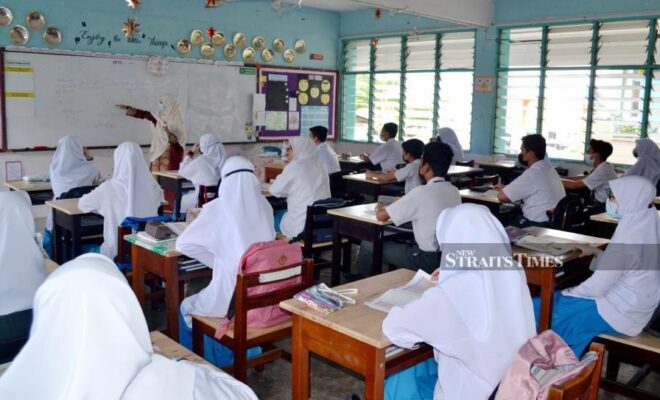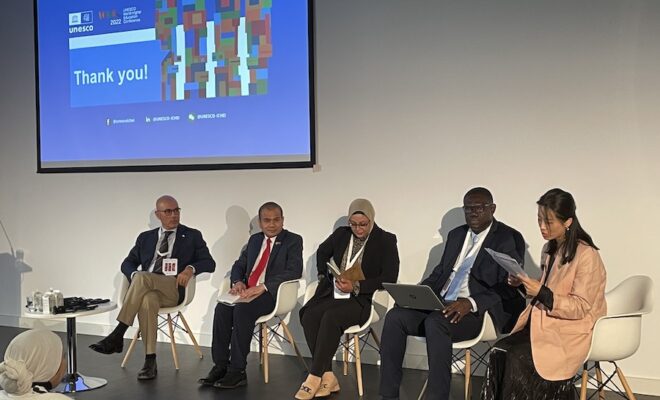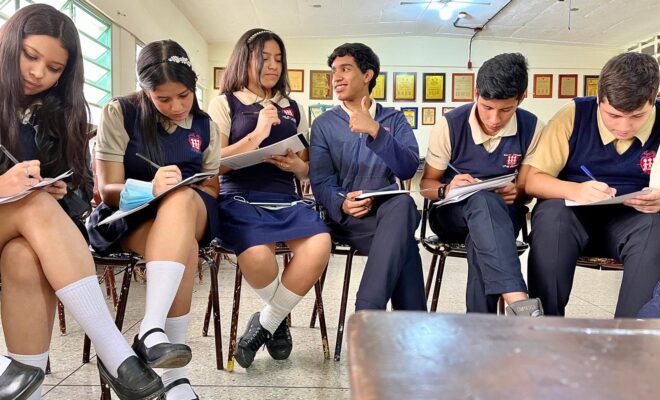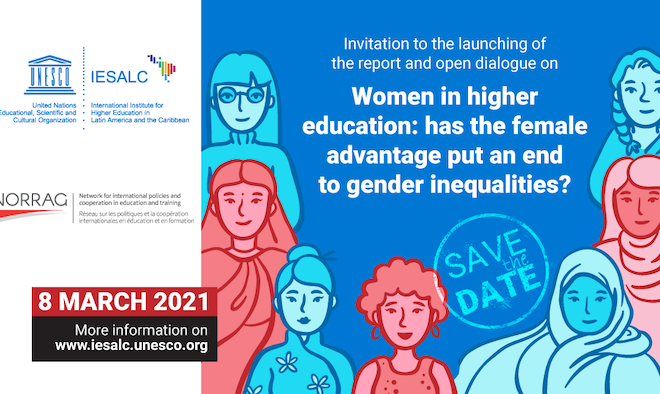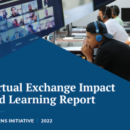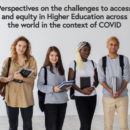Cuba Ratified Convention on the Recognition of Studies in the Region

With Cuba’s ratification, only one State Party’s signature is needed for the Convention on the Recognition of Studies, Degrees and Diplomas in Higher Education in Latin America and the Caribbean, proposed by UNESCO, to enter into force.
This instrument will harmonize and guarantee fair and non-discriminatory procedures among the signatory States in order to facilitate greater intraregional academic mobility, one of Higher Education’s major objectives.
This will allow students to continue their studies anywhere in the region, thus promoting inclusive education and lifelong learning opportunities.
Academic mobility is an element of particular value in today’s world, where the exchange and shared management of knowledge is of enormous importance in improving the quality of higher education institutions, and in the training of students, professors and researchers.
Created in 1974, the instrument was renewed in a process of several years of work, between 2015 and 2018, until its adoption on July 11, 2019, at the International Conference of States, held in Argentina. There, 23 countries adopted the new convention: Argentina, Bahamas, Belize, Bolivia, Brazil, Chile, Colombia, Costa Rica, Cuba, Dominican Republic, Ecuador, El Salvador, Grenada, Honduras, Jamaica, Mexico, Nicaragua, Panama, Paraguay, Peru, Saint Kitts & Nevis, Uruguay, and Venezuela.
The agreement requires ratification by at least 4 of the region’s UNESCO Member States for it to enter into full force. So far it has been ratified by Grenada, Peru and Cuba.
UNESCO has guided the promotion of regional agreements in order to harmonize and guarantee the recognition of studies to ensure greater mobility.
The UNESCO International Institute for Higher Education in Latin America and the Caribbean (IESALC) has led the process of modernizing the agreement and currently serves as its regional secretariat.
Read the new Convention on the Recognition of Studies, Degrees and Diplomas in Higher Education in Latin America and the Caribbean (2019).
Visit the New Convention website here.
Image of Jens P. Raak on Pixabay.
RELATED ITEMS
